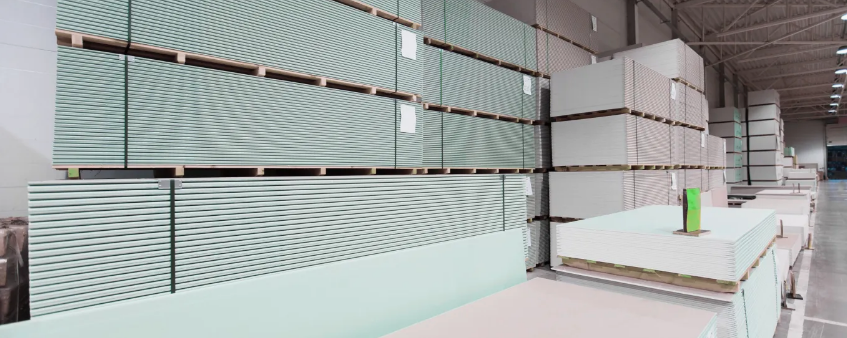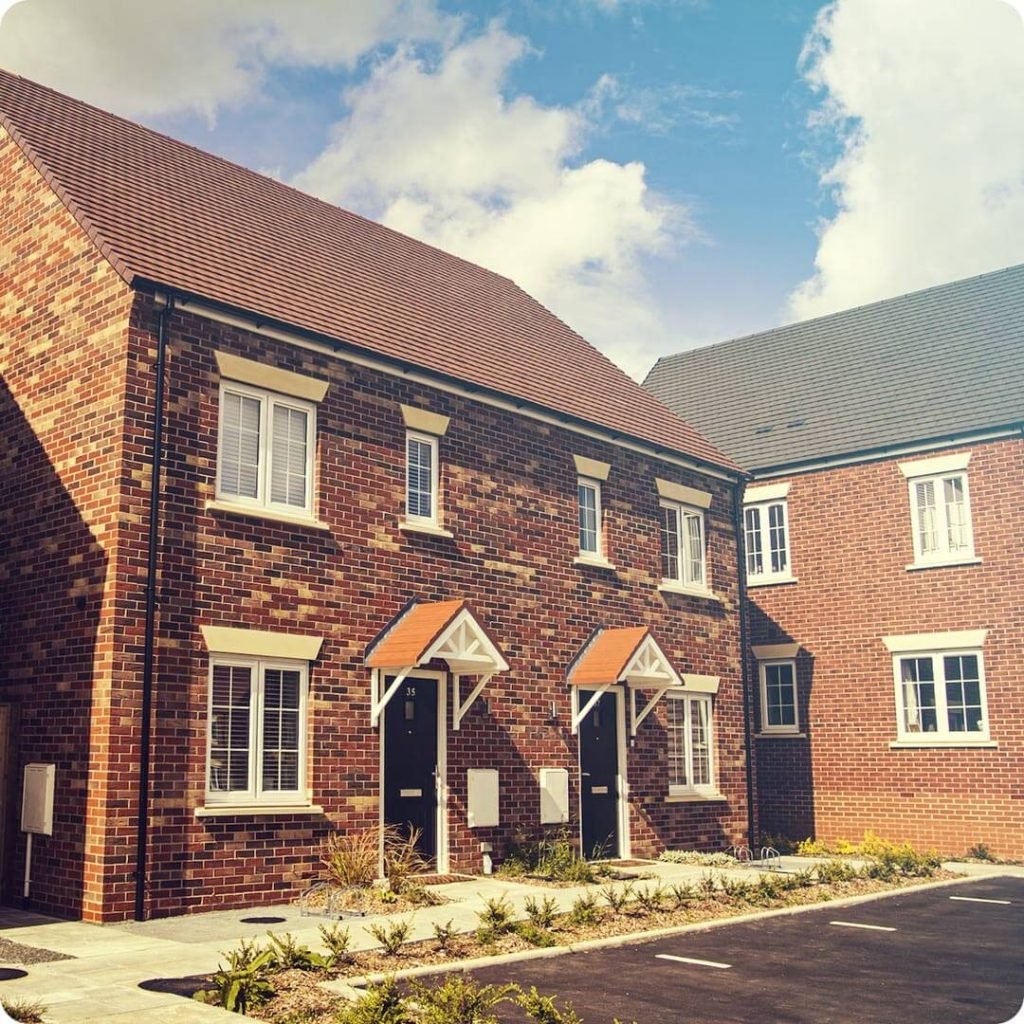Cement board is a versatile material that is widely used in construction, especially for tile backing in bathrooms, kitchens, and other wet areas. Known for its strength and water resistance, cement board provides a solid base for tiles and is an essential component in ensuring long-lasting, damage-free installations.
What is Cement Board?
Cement board is a heavy-duty building material made from a blend of cement and fiber mesh. It is typically used as a substrate for tile and stone applications, providing an ideal surface that resists moisture, mold, and mildew. This makes it perfect for areas exposed to water or high humidity.
Benefits of Using Cement Board
One of the main benefits of cement board is its moisture resistance. It doesn’t warp, swell, or rot like traditional drywall. Additionally, it provides superior support for tile installations, preventing tiles from cracking or loosening over time. Its fire-resistant properties further add to its appeal in home and commercial construction.
Types of Cement Boards
There are different types of cement boards available, each designed for specific uses. The most common are standard cement boards, which are suitable for general applications, and fiber cement boards, which are reinforced with fiber mesh for added strength. Cement board is also available in varying thicknesses to suit different installation needs.
Applications of Cement Board
Cement board is primarily used in areas prone to moisture, such as showers, bathtubs, and backsplashes. It is also used for floors and countertops, especially in kitchens and bathrooms. Cement board creates a stable and long-lasting surface for tile and stone, preventing water damage and ensuring durability in high-traffic areas.
How to Install Cement Board
Installing cement board requires careful preparation to ensure a strong, level surface. First, measure and cut the boards to fit the area. Next, apply a thin layer of mortar to the substrate and secure the boards with screws. Joints between boards should be taped and covered with thin-set mortar for added strength.
Cement Board vs. Drywall
Cement board is often compared to drywall, but they have key differences. While drywall is suitable for most dry areas, cement board is the better choice for wet or humid environments due to its water resistance and durability. Drywall, on the other hand, is more lightweight and easier to cut.
Cost Considerations
Cement board is more expensive than traditional drywall due to its durability and specialized use. However, the investment is well worth it, especially in areas prone to water exposure. The cost of cement board varies depending on the brand, thickness, and type, but the added protection and longevity make it a smart choice.
Maintenance of Cement Board
Cement board requires little maintenance but should be checked periodically for signs of damage, such as cracks or loose seams. Proper installation is key to preventing issues down the line. Ensuring that grout lines and seams are sealed properly will prevent water infiltration and prolong the life of the material.
Using Cement Board for Exterior Applications
In addition to indoor applications, cement board is also used for exterior applications, particularly in siding and cladding. Its moisture resistance and strength make it an excellent choice for weatherproofing. Cement board can withstand harsh weather conditions, offering long-lasting protection and a modern appearance for the exterior of homes and buildings.
Environmental Benefits of Cement Board
Cement board is an environmentally friendly option because it is made from natural materials and is 100% recyclable. It also helps to reduce energy consumption by providing insulation and moisture control in homes. Choosing cement board over other materials can contribute to a more sustainable building process.
FAQs
Q: Can cement board be used for outdoor projects?
A: Yes, cement board is ideal for exterior applications such as siding and cladding.
Q: How long does cement board last?
A: Cement board can last for decades with proper installation and maintenance.
Q: Can cement board be used for floor installations?
A: Yes, cement board is commonly used as a base for floor tiles, especially in wet areas.
Conclusion
Cement board is a very durable and water-resistant material that can be used for a wide range of construction and renovation projects. It provides a strong, stable surface for tile and stone installations, making it perfect for areas prone to moisture. Whether used for flooring, walls, or exteriors, cement board offers long-lasting protection and is a valuable investment for any property.



